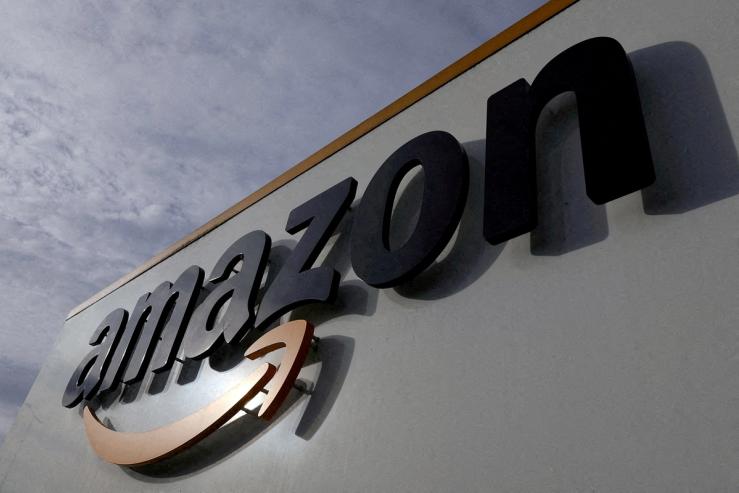The News
Amazon is being sued by the Federal Trade Commission and 17 U.S. states for alleged attempts to illegally protect its online retail monopoly.
According to the complaint, Amazon allegedly forces merchants to offer the retail giant its lowest prices by pushing products to the bottom of search results if the merchants are found to be offering better deals to Amazon’s competitors. Amazon also allegedly coerces companies into giving competitors higher prices if merchants agree to Prime conditions — a necessity for doing business on the platform.
“Today’s suit makes clear the FTC’s focus has radically departed from its mission of protecting consumers and competition,” Amazon said in a statement, adding that the agency is “wrong on the facts and the law.”
SIGNALS
61% of American voters believe that the government should not regulate Amazon's monopoly practices• 1 if the company can provide better services at the expense of competitors, according to a poll conducted by Chamber of Progress, a trade organization funded by Amazon and other tech companies like Meta. The FTC is targeting practices that Amazon's rivals may not like competing against, like two-day shipping and low prices, "but which American families love," said Chamber of Progress CEO Adam Kovacevich. Breaking up Amazon will "make it harder for families to get affordable goods," he said.
Chamber for Progress, FTC Announces Lawsuit Targeting Amazon Prime
Others believe the FTC lawsuit will lower retail prices if successful. Ron Knox of the Institute for Self Reliance, an advocacy group fighting monopoly, argues that breaking up the Amazon monopoly will offer consumers more choices and competitive prices on other sites, and on Amazon, products will be listed "by quality and performance, rather than by a company's willingness to pay Amazon’s tolls."• 2 He also believes the lawsuit could benefit Amazon workers, because "an independent Amazon Logistics would have less political power" to undermine their rights to organize.
Amazon's current dominance is not because of Jeff Bezos’ talents but because of "a legal regime that enables and encourages monopoly power,"• 3 Matt Stoller of the Open Markets Institute think tank wrote in 2020. Amazon itself did not create many of the digital and tech innovations that emerged in the 2000s, but rather was able to successfully capture control of them at a time when anti-monopoly laws were being weakened by conservatives, Stoller argued, making Amazon “a political institution designed to consolidate wealth and power.”



